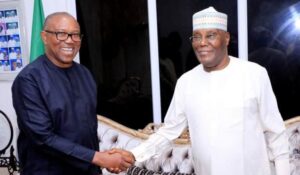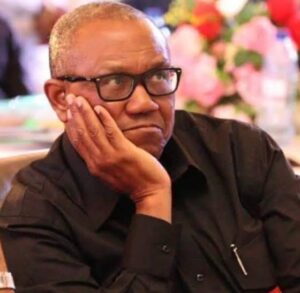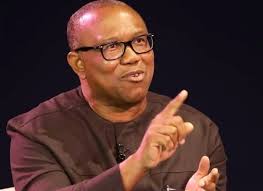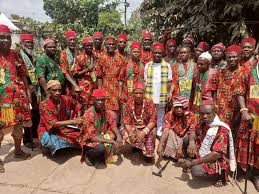In a recent development, the apex Igbo socio- cultural organization, Ohanaeze Ndigbo, has issued a cautionary statement to Mr. Peter Obi, the 2023 presidential candidate of the Labour Party. The organization has warned that Obi’ s persistent efforts to forge connections in Northern Nigeria carry inherent risks and uncertainties that could jeopardize the realization of an Igbo presidency. Ohanaeze Ndigbo urged Obi to learn from historical precedents, noting that alliances with certain opposition leaders in the North might not guarantee his presidential ambitions in the 2027 elections.
The statement, released by the group’ s Secretary General, Mazi Okechukwu Isiguzoro, highlighted concerns about the potential pitfalls of such political maneuvers. Isiguzoro emphasized that the alliance of opposition leaders and the potential merger of existing parties, as spearheaded by Obi’ s confidant, Prof. Pat Utomi, in an effort to unseat President Bola Tinubu in 2027, was fraught with anticipation and uncertainty.
” The recent political maneuvers of former Anambra Governor and 2023 Labour Party Presidential Candidate, Mr. Peter Obi, have stirred both surprise and scrutiny among Nigerians and Ndigbo. Mr. Obi’ s deliberative visits to key Northern figures such as former Vice President Atiku Abubakar and ex- Jigawa Governor Dr. Sule Lamido, hint at potential opposition party alignments aimed at unseating President Tinubu in 2027, ” Isiguzoro stated.

He further elaborated that the Northern political establishment, religious scholars, and traditional institutions harbor reservations towards Mr. Obi for several reasons. Firstly, Obi’ s failure to clearly address the issue of Biafra agitation and articulate a definitive stance on the matter has left Northern elites hesitant about endorsing an Igbo presidency. This ambiguity has created a trust deficit that could hinder Obi’ s efforts to gain widespread support in the North.
Secondly, there are questions concerning the substantive benefits that the North stands to gain from Mr. Obi’ s self- reliant and self-assured political approach. These concerns are particularly significant when contrasted with the impactful empowerment initiatives undertaken by figures such as President Tinubu and former Vice President Atiku Abubakar. The North seeks tangible benefits and assurances that Obi has yet to convincingly provide.

Thirdly, the North is perplexed by Obi’ s strategic shift in focus. Traditionally, Obi has garnered support from his strongholds in the Southeast, Middle Belt, and Niger Delta regions. However, his recent efforts to solicit acceptance in the Northwest and Northeast areas have left many in the North wondering about the rationale behind this new approach. This shift has raised doubts about his commitment to his historical support bases and the potential efficacy of his new strategy.

Ohanaeze Ndigbo thus implored Mr. Obi to glean wisdom from the poignant lessons of history. The organization pointed to the disenchanting experiences of past Igbo presidential candidates who pinned their hopes on Northern endorsement, only to face disappointment. The group emphasized that relying solely on Northern political alliances might not be a reliable path to achieving the presidency.

In conclusion, while Mr. Peter Obi’ s efforts to build alliances in the North are notable, they are also fraught with significant risks and uncertainties. The caution from Ohanaeze Ndigbo serves as a reminder that successful political strategy requires careful consideration of historical precedents, regional dynamics, and the need to maintain strong support from traditional bases. As Obi navigates the complex landscape of Nigerian politics, it will be crucial for him to address the concerns of all stakeholders and build a broad, inclusive coalition that transcends regional and ethnic divides.




